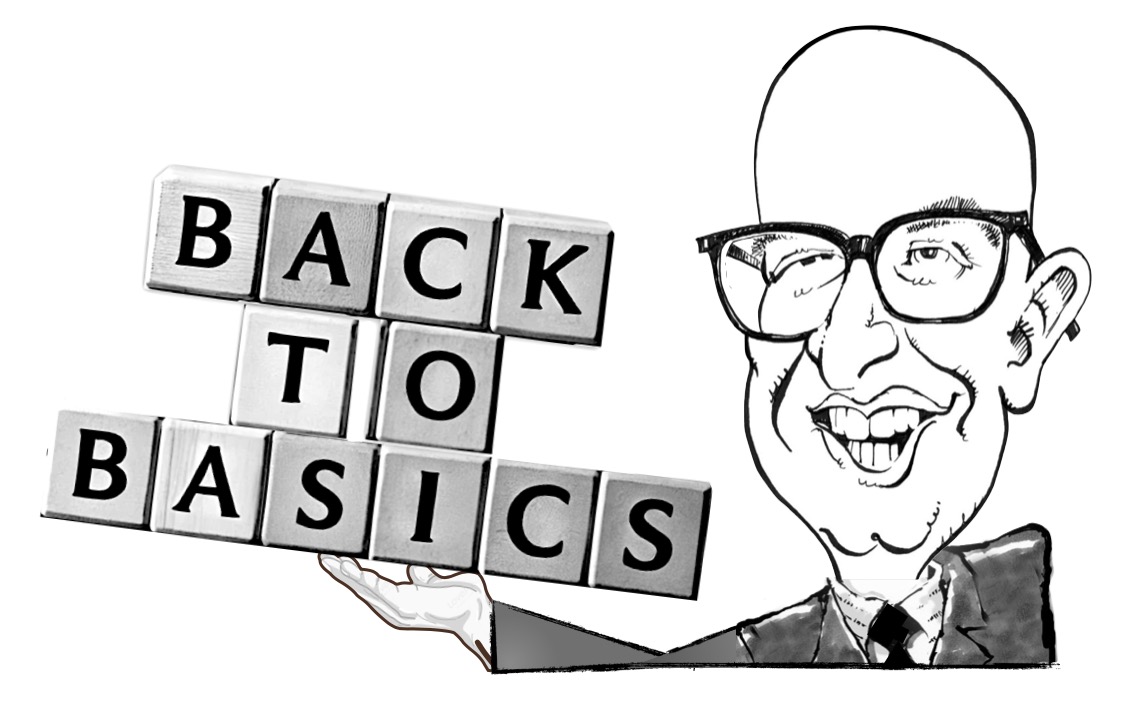
John Ptacin, Sedor, Wendlandt, Evans & Filippi, LLC
Part 4 of the series Back to Basics
Superintendents experience many “firsts” when they start working for your District. More often than not, the negotiation of their own personal contract is the first thing they will do as Superintendent.
If your Superintendent followed a traditional path—that of a teacher, then a principal, and then a Superintendent—they have already reviewed a lot of contracts. But there are still a number of pitfalls to avoid during the negotiation of any contract.
For example, the Superintendent may not know your District or Alaska very well. They may seek to add benefits and salaries not commensurate with your past practices. This can damage relationships and lead to difficult conversations if not handled appropriately. On the other side of the bargaining table, if the Board undervalues a current or prospective Superintendent during the negotiations, this too can lead to a difficult path forward.
There are ways to make this experience a positive one for both the superintendent and the board.
We recommend the following.
Engaging your School District’s Attorney
While some boards have a long history of handling the superintendent contracting process without legal representation, we believe this is a mistake. Remember, when your District hires a law firm to represent their interests, the law firm likely has experience drafting such contracts for many Districts across the State. Lawyers can advise you whether requests from prospective superintendents are in line with other requests. And using an attorney insulates the Board from pressure to agree to terms that make you uncomfortable.
Salary Request
Be realistic and expect the same from your candidates. Your District should recognize that your Superintendent is taking on great risk by taking the position. Do not automatically anticipate that he or she will accept the published salary range and not seek additional compensation during negotiations. The prior contract typically establishes a baseline. But if—for example—the prior Superintendent had a lengthy tenure, a newer applicant should expect to grow into higher salaries over the term of the contract. During negotiations, you should consider explaining to superintendents that their contracts are a public record and that large salaries and/or overly favorable terms can have unintended consequences, especially during collective bargaining negotiations or rocky periods for the District (whether caused by your Superintendent or not). Consider building specific incentives into the contract to best serve your communities.
Contract Terms
Be sure to provide sufficient time for your Superintendent to achieve your goals. A one-year contract term can limit the Board’s exposure. But it also limits the Superintendent’s authority if the school community knows their leader is only there for a year. One solution is to negotiate fair termination clauses where the District can move on from difficult situations. Also, if you do not utilize the assistance of an attorney, please review the contract requirements set forth by state law in 4 AAC 18.010.
Address your concerns in the contract
It is important that the contract address scope of responsibilities, reporting structures, and clear language about evaluations and termination of the contract (for cause and without cause). But if your District is facing a specific issue, consult your counsel to see whether the concern can be addressed in the contract language. For example, if the Board would like the Superintendent to travel to rural sites more regularly, a lawyer can help you draft appropriate language to achieve this goal.
Evaluations
Make sure the contract has a triggering mechanism so the Board conducts evaluations on a regular basis. Often the only time the Board looks at the contract is when things aren’t going well. Especially with new hires, consider a quarterly or semi-annual evaluation in the first year. When there is tension in the relationship, its best to address issues when relations are still good during regular performance evaluations. As a Board you can also modify your policies as they relate to the hiring of your Superintendent to reflect the needs of your District.
The Contract cannot solve everything: John Sedor once famously told AASB members “You lose opportunities as a District if you don’t have a good relationship with your Superintendent. The contract represents the terms of conditions of employment, but it is not the relationship.” Communicate your hopes and dreams for the District to your Superintendent and have difficult conversations along the way. If you’ve hired the right candidate, they will work tirelessly to make the District’s goals a reality.
More from Sedor, Wendlandt, Evans & Filippi, LLC:
- Ten-part series: Back to Basics
- Ten-part series: The Last Frontier Facing the New Frontier
- Ten-part series: Fine Tuning
- Nine-part series: A Free AND Ordered Space
- Nine-part series: Ripp’d from the Headlines
- Seven-part series: Technology and the law
- Eight-part series: Interacting with the world outside of the school
- Five-part series: Union Issues in Schools
- Four-part series: Freedom of Expression in Schools
